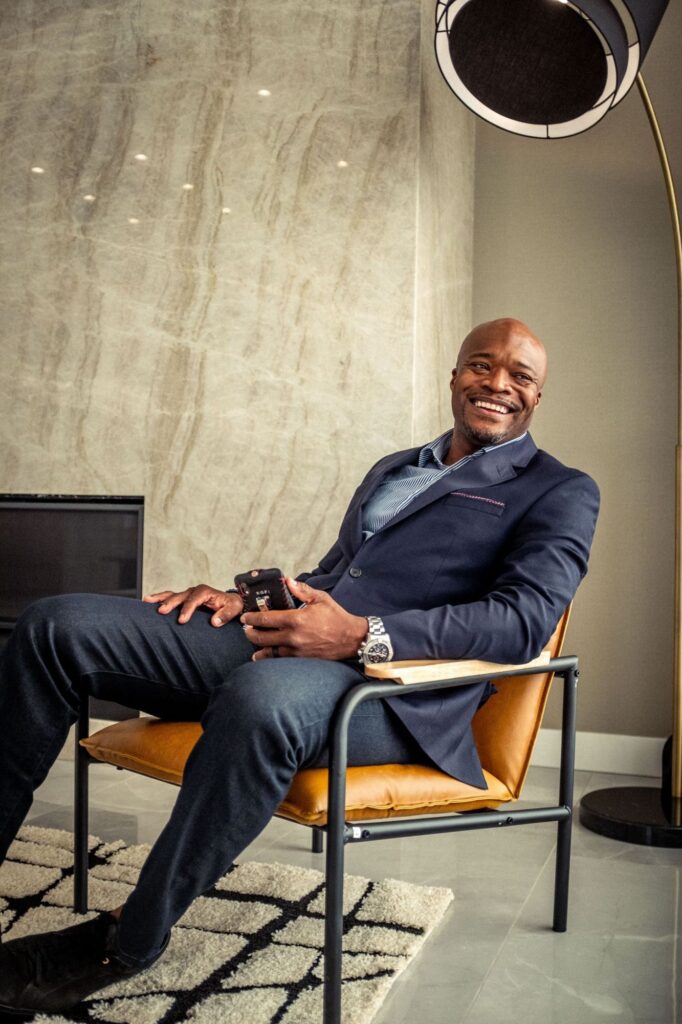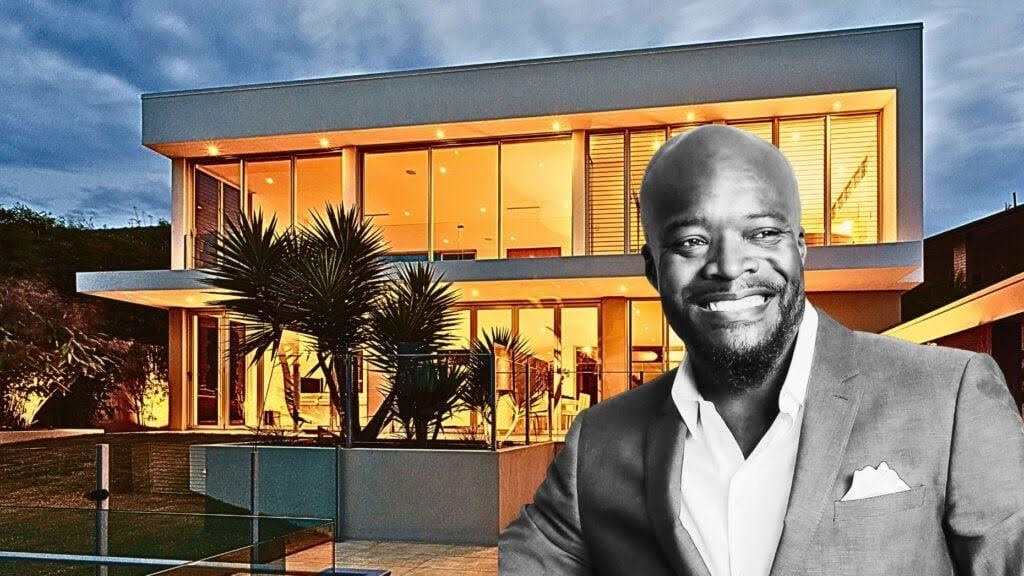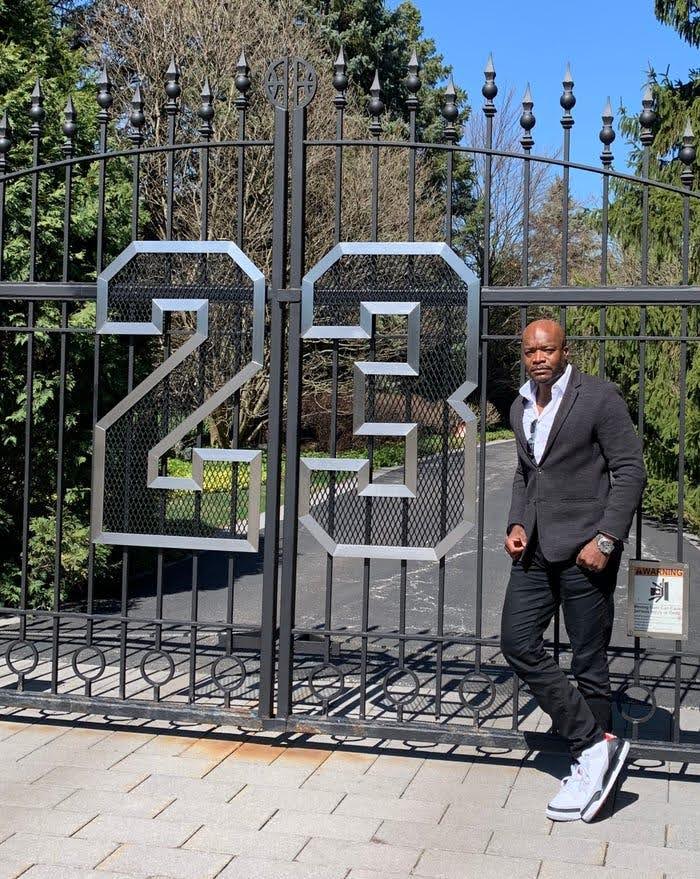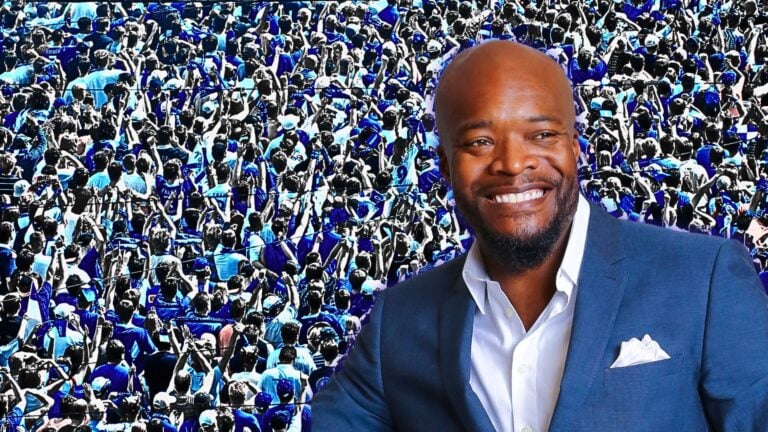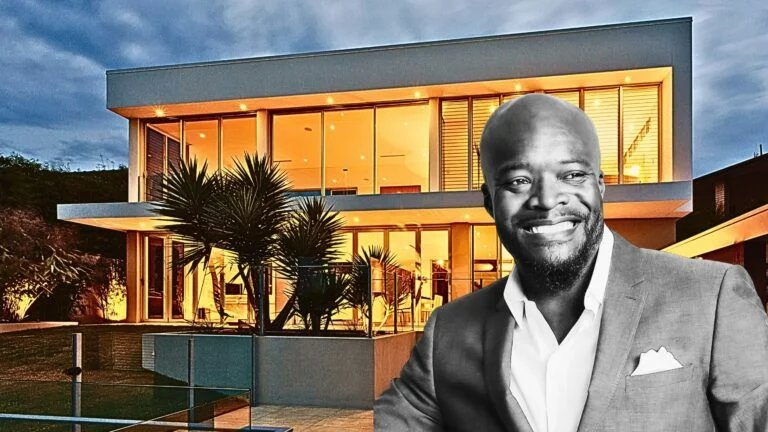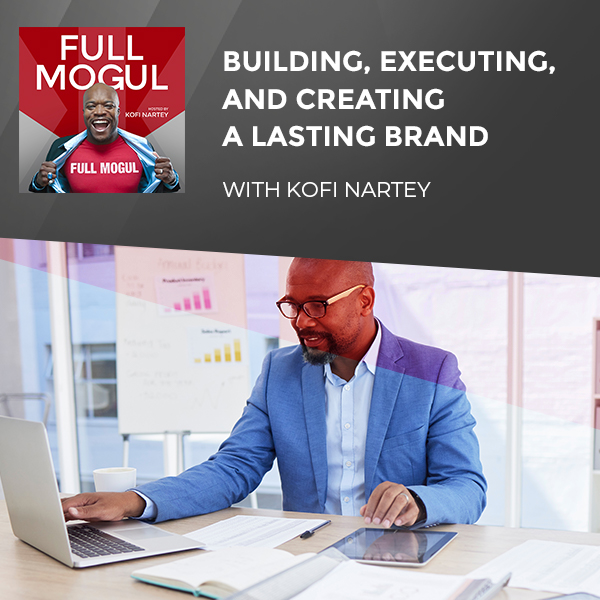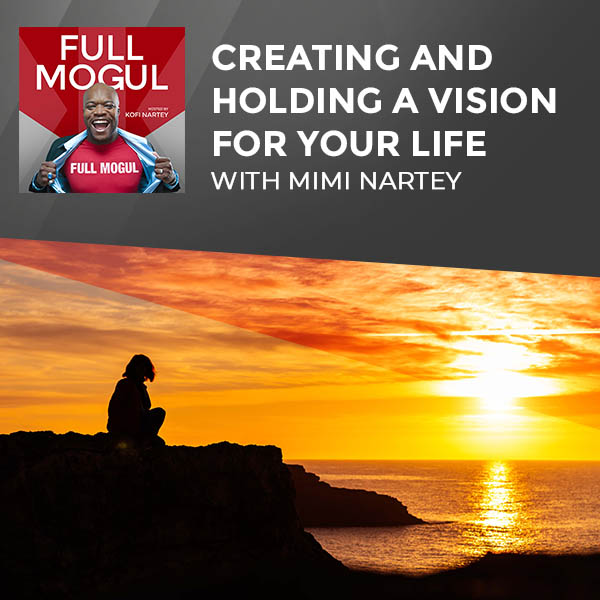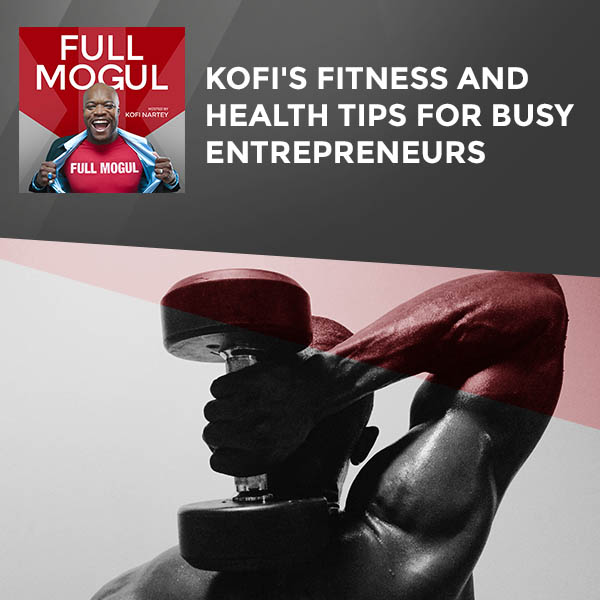Work-Life Balance Is BS! Work-Life Peace Is the Real Goal
by K.O.F.I
We’ve been sold this fantasy that work and life should sit perfectly on opposite sides of a scale—neatly balanced, evenly weighted, always in harmony. But anyone living in the real world knows that life doesn’t play by those rules. Seasons shift. Demands change. Kids get sick. Deals heat up. Opportunities pop. And just when you think you’ve found “balance,” life throws you a new variable.
That’s why work-life balance ...
The 5 Things Every High-Performer Will Do NOW For 2026! (#4 may be the most important!)
Every year, people wait for January to “start fresh.” But the high-performers who consistently crush their goals don’t wait for the calendar—they create momentum before it flips. It’s not cheating to get a head start on yourself; it’s called winning early. If you start your January habits in November, by the time most people are warming up, you’re already in stride and separating from the pack.
Here are five things you must do now ...
Your Brand is Not a Logo—It’s a Promise. An Energy. A Soul.
Your Brand is Not a Logo—It’s a Promise. An Energy. A Soul.
With Lessons From Globl RED
Whether you’re scaling a startup, running a coaching practice, launching a personal brand, or building a boutique real estate firm—your brand is already doing the talking. The question is: what is it saying?
In a world where products can be copied and services commoditized, your brand is your edge. It’s not just what you do—it’s how you do ...
10 Luxury Lessons Learned from NOT selling Michael Jordan’s Estate
As Published on Inman:
Failure isn't final. 'Sellebrity' agent Kofi Nartey offers hard-won wisdom for excelling with the world's most sophisticated clients after 22 years
by Kofi Nartey
February 20, 2025
Two decades in luxury real estate have given me a front-row seat to the evolution of the industry, the nuances of high-net-worth clientele, and the strategic pivots necessary to stay ahead.
TAKE THE INMAN INTEL INDEX SURVEY FOR FEBRUARY
From ...
I tried — and failed — to sell Michael Jordan’s mansion. Here’s what I learned from its 12 years on the market.
As told to Jordan Pandy at Business Insider (read this article online here: https://www.businessinsider.com/celebrity-real-estate-agent-tried-to-sell-michael-jordan-mansion-2025-2)
Kofi Nartey tried selling Michael Jordan's estate in 2015. Courtesy of Kofi Nartey
Kofi Nartey was the listing agent for Michael Jordan's Chicago mansion for 11 months in 2015.
Nartey figured out ways to generate buzz that led to more showings, but didn't ...
Luxury Real Estate is a Team Sport
Elevating your brand and providing stellar service to high-end clients, luxury expert Kofi Nartey writes, means becoming the hub of a trusted, supportive service ecosystem
Having played sports at the highest levels, I have come to appreciate the importance of having the right team.
Even in my 10-year professional acting career, I saw the efforts of everyone around me and how they contributed to a successful show or movie. This included ...
Kofi Nartey on the Power of Exclusivity and a Luxury Experience
High-end real estate authority Kofi Nartey offers tips from upscale brands like Louis Vuitton and the Ritz-Carlton on how luxury real estate agents can deliver exceptional client experiences
Luxury agents don’t just sell properties; we sell memorable experiences. In this segment of the market, the transaction extends far beyond the mere exchange of property. It is an experience, a carefully curated journey that reflects the sophistication, ...
Building, Executing, And Creating A Lasting Brand With Kofi Nartey
You are in for a treat today because Kofi Nartey is cooking a dish for you to make your brand last! Kofi provides tips for building, executing, and creating a lasting brand. Prepare a pen and paper because Kofi will share the key takeaways when you start to think about your brand. He also touches on the Marketing Five Cs and Mind Share. As Kofi mentioned, building your brand through storytelling will help reinforce your brand. So, don't ...
Creating And Holding A Vision For Your Life With Mimi Nartey
Your vision isn't just a dream; it's the blueprint of the life you're crafting. Nurture it, protect it, and align every action with its design. In this episode, Mimi Nartey joins us to talk about crafting and sustaining a powerful vision for your life. She helps us understand how to bring our dreams to life, from the beginning to our daily actions. Mimi dissects the essence of creating a vision that's not just a fleeting idea but a compelling ...
Kofi’s Fitness And Health Tips For Busy Entrepreneurs
It’s easy for busy individuals to overlook their health and lose track of keeping their shape. But how can you maintain your health while clawing your way to success? Being busy is not an excuse to skip an exercise because Kofi Nartey shares some health tips for busy entrepreneurs. Kofi does a full-body workout, yet he listens to his body more to know when to rest and slow down. He also shows the value of power naps in recharging your ...


